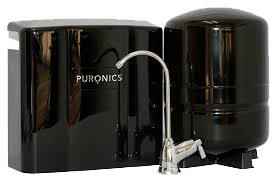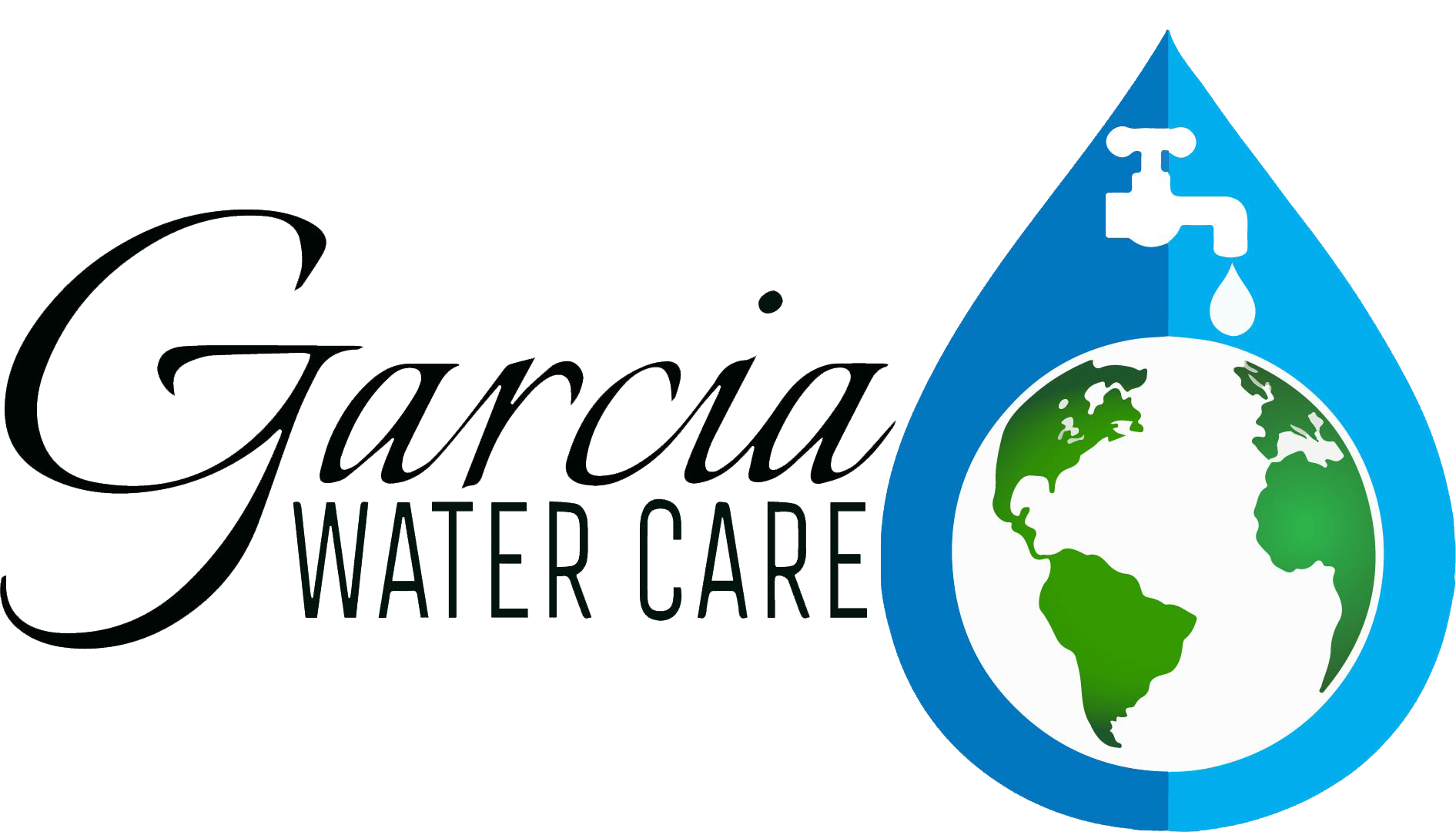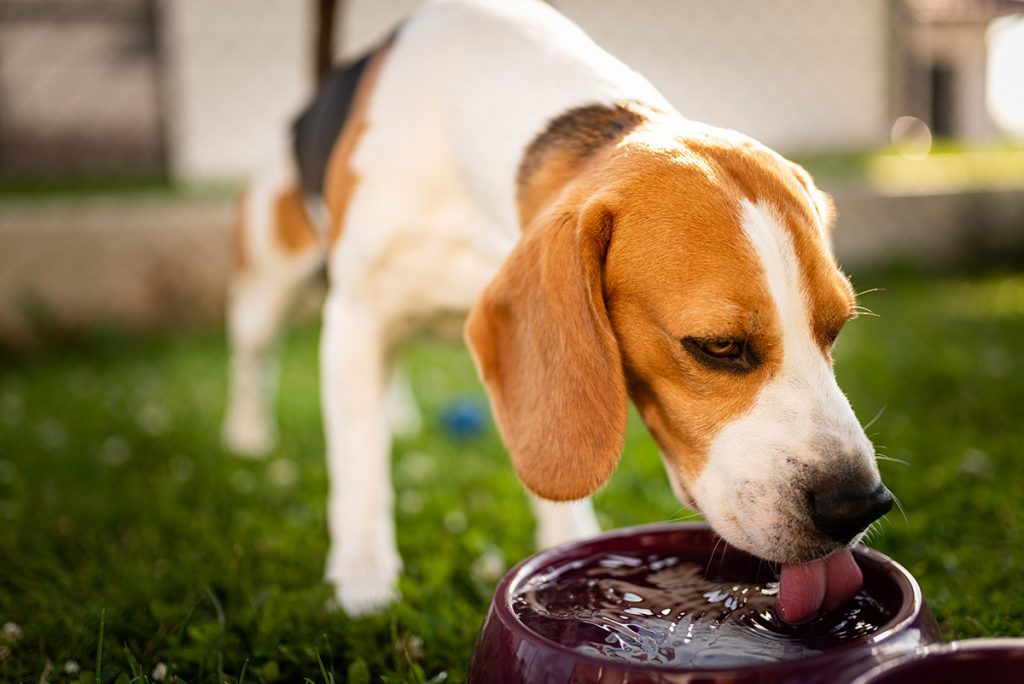
Pros and Cons:
Drinking water options for pets
You love your fur baby's and want to give them the best water - here are the 4 best options.
Did you know that most mammals are 55-75% water. That means that the things in the water that they drink will more than likely get absorbed into their tissues. Have you noticed, that water coming from the tap has a distinct smell? Dogs have noses up to 100 million times more sensitive than ours, for that reason some will not touch tap water. If you can smell it they can smell 100 million times better. If you love your pets it’s important to give them the best you can provide. Here we break down the options available to most people and weigh the pros and cons of each.
Fridge Water
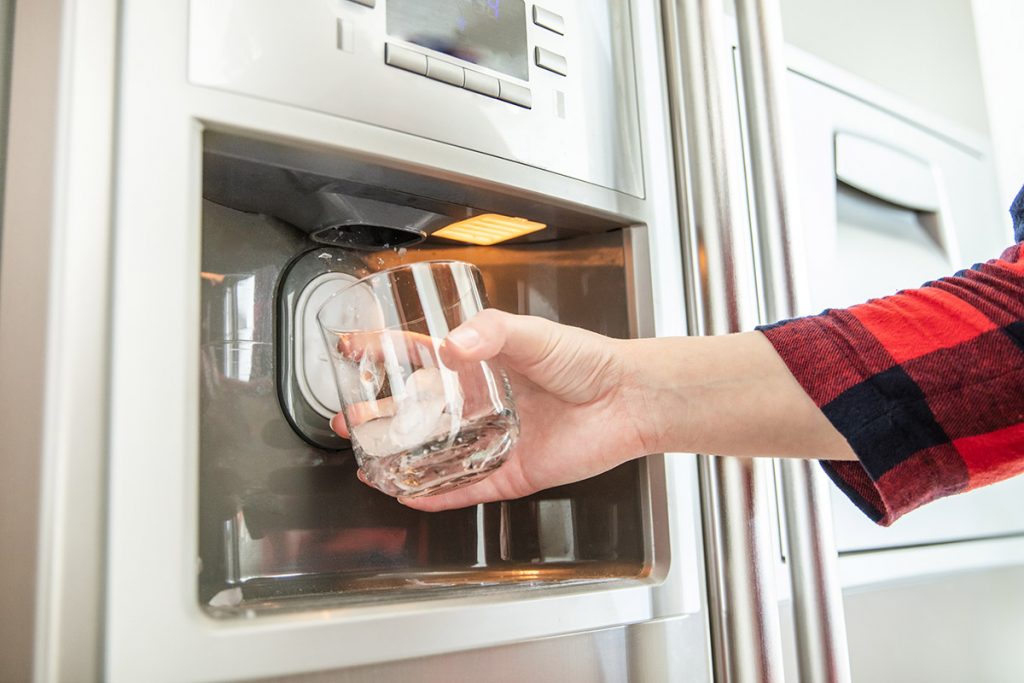
Pros: Water from the fridge filter is cold, and it has been proven that dogs prefer cold water. Most fridge filters use a carbon filter that improves the water’s taste by removing the taste and smell of disinfecting byproducts like chlorine from the water you get from your fridge. It will taste and smell better for your pets.
Cons: Some fridge filters are certified (NSF/ANSI 42) to remove the chlorine taste and smell and leave behind many particulates in the water that can harm our pets like arsenic and lead. Fridge filters that have activated carbon in them work through a process called adsorption, which causes contaminants to stick to the media when they come in contact with the water; the longer the water is exposed to the media, the better it is filtered. Unfortunately, water passes through most fridge filters briefly, so the water is not left as clean as it could be.
Water Cooler Water
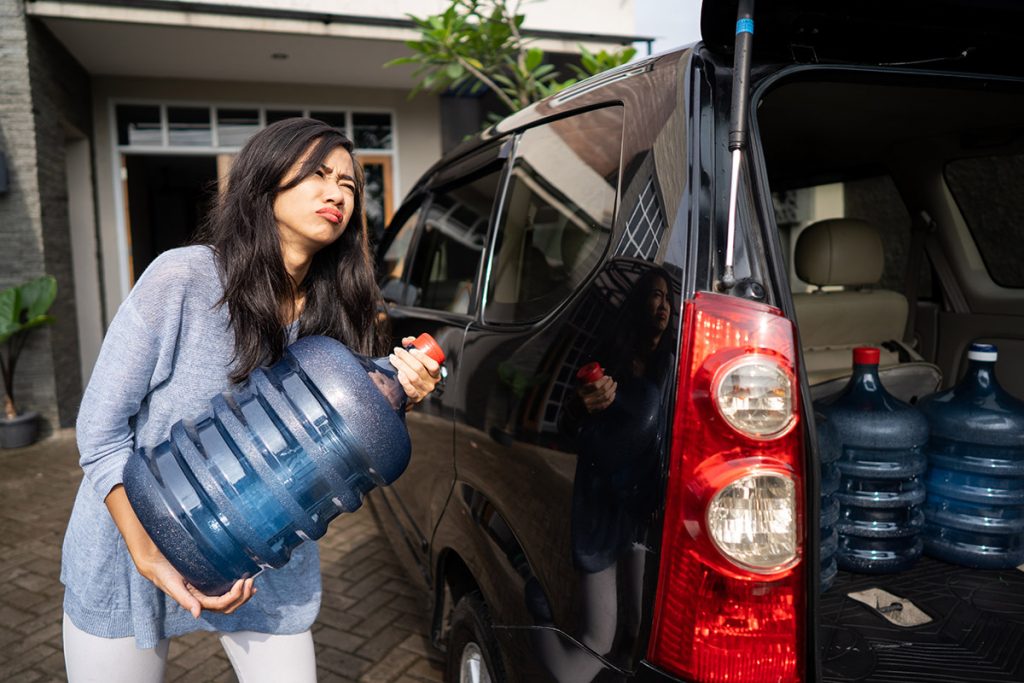
Pros: Dogs like the cold water that some of these units can dispense. Depending on where the water source is coming from for your water cooler, you can expect your water to be at the same quality level as that of a reverse osmosis unit because they are filtered with, you guessed it, a reverse osmosis system at an industrial level.
Cons: You have to be very strong to fill and carry water jugs, or you can pay to have them delivered. They can weigh up to 50 pounds. That is why on average, Americans can expect to pay from $30-$60 per month to have water delivered.
Bottled Water
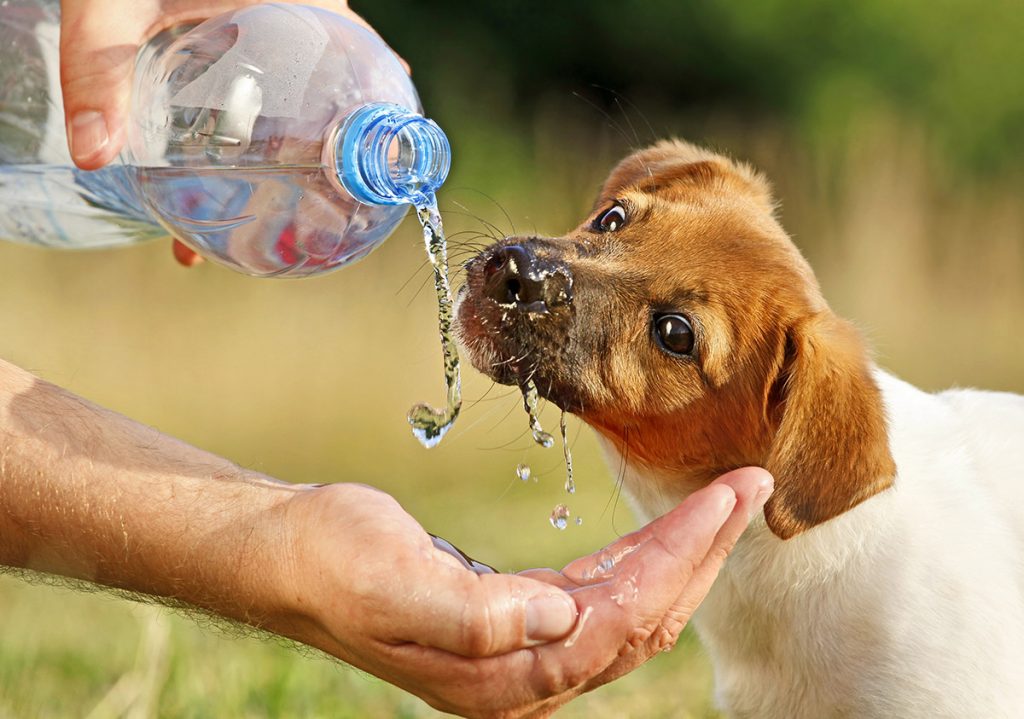
Pros: The one benefit of bottled water is the convenience of having it ready in a pre-packaged container that can be quickly used to fill up a dog bowl and discarded. To fill the bottles, most bottlers will use the same technology used in any reverse osmosis filtration unit; some will also use filters to make the water taste better or remineralize it.
RO Water
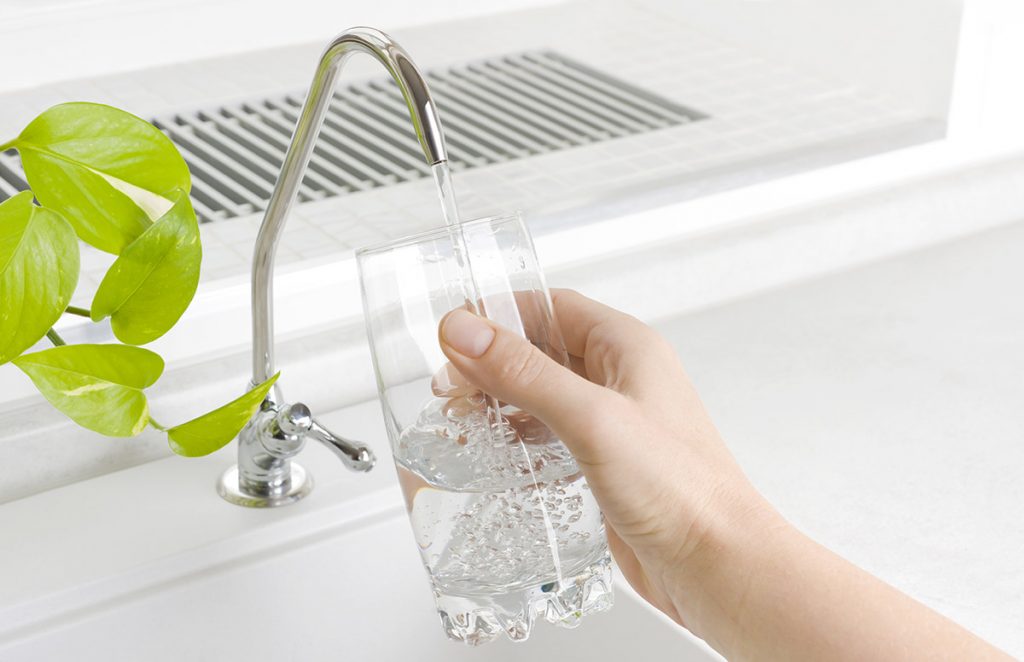
Pros: A Reverse Osmosis filtration system is usually set up under a kitchen sink, providing people easy access to filtered water for their fur babies. This is an almost unlimited amount of water, high-quality RO’s can produce thousands of gallons before their lifespan runs out. Not just that they some like the Puronics Micromax 7000 systems are certified to remove 99.9% of the particulates in the water for up to 3k gallons, that is a lot of water.
Cons: Just like any filtration unit, the filters will eventually need to get changed. This means that you will need to get support for your drinking system after the purchase. It can become somewhat of a challenge to replace proprietary filters if you can’t reach the reseller. It would be best if you found a reseller you can trust.
